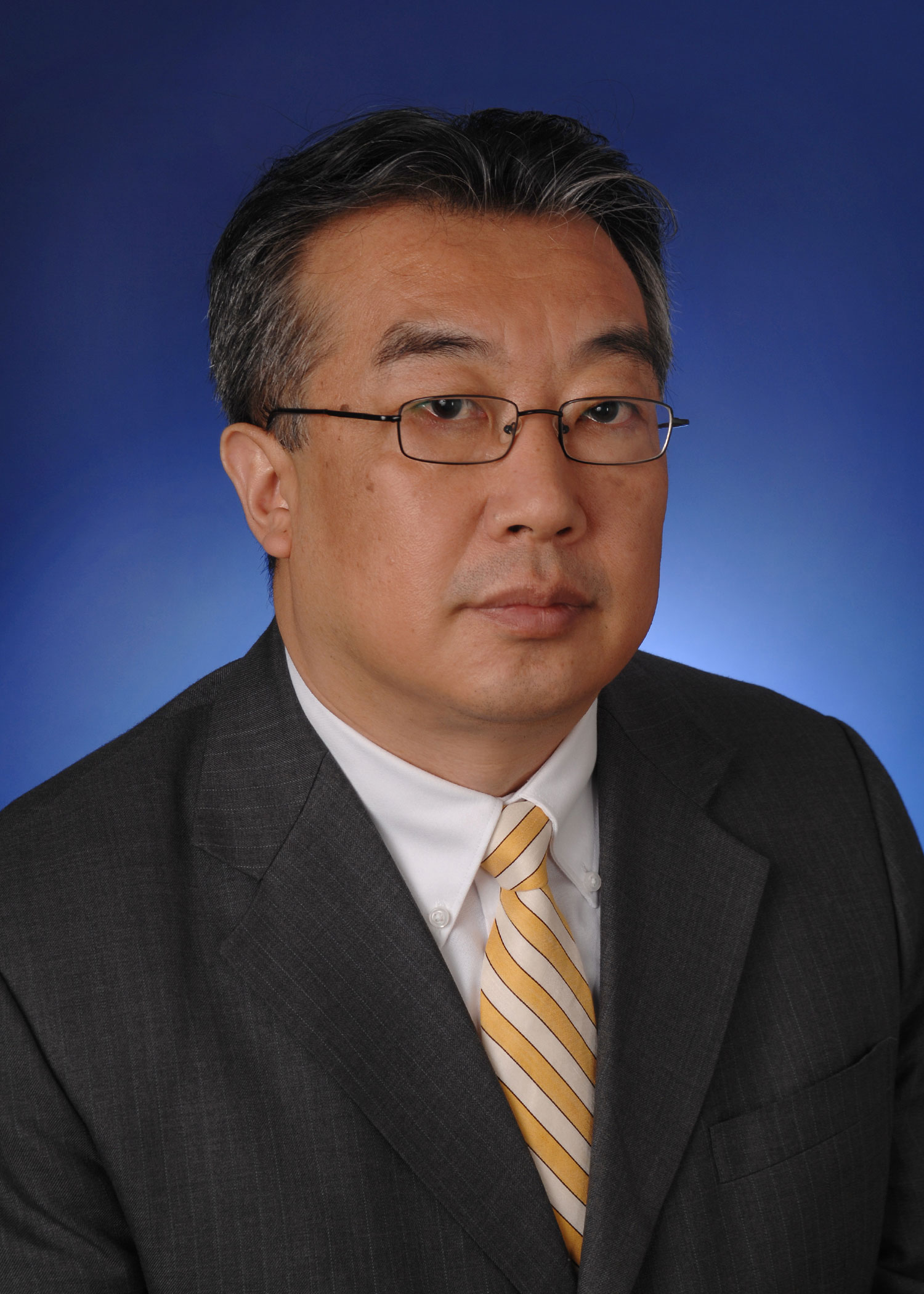Experts
Shi Han

Former Nonresident Scholar, Carnegie-Tsinghua Center for Global Policy
About
Shi Han is no longer with the Carnegie Endowment.
Shi Han was a nonresident scholar at the Carnegie–Tsinghua Center for Global Policy concentrating on international business issues. His economic research addressed challenges arising from interactions between American and Chinese businesses and the competition and cooperation between state and non-state economic entities.
He oversaw the Global Business and Economics program at the Carnegie–Tsinghua Center and is the managing partner of ChinaLine, LLC, a Chicago-based management consulting firm that specializes in cross-border alliances and acquisitions. He has advised leading multinational corporations such as Bausch & Lomb, Eastman Kodak, Illinois Tool Works, and Spectrum Brands in the areas of supply chain development and strategic acquisition in China. He has been instrumental in setting up groundbreaking business structures and supplier relationships that generated cost savings in the millions of dollars.
He was formerly a research fellow at Harvard University’s John F. Kennedy School of Government and an economics lecturer at Peking University. He co-authored and co-edited three books on the strategic behavior of economic actors in incomplete markets, institutional transitioning from central planning to a free market, and the introduction of national accounts statistics in China. Some of his research works were funded by the Ford Foundation, the U.S. Department of Education, and the Foundation for Transcultural Studies of Japan.
Areas of Expertise
Education
Graduate study in economics, University of Rochester, MA, BA, Economics, Peking University,
Languages
Chinese, English, Russian